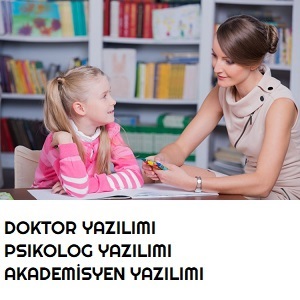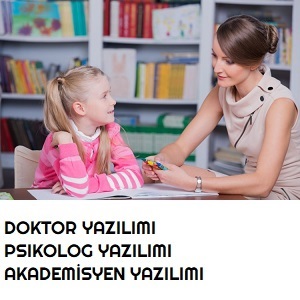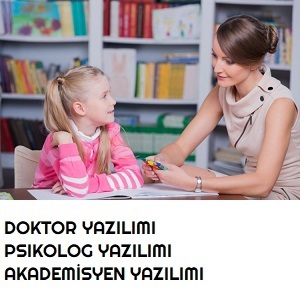Antibiotic Resistance: A Global "One Health" Crisis
Antibiotic resistance is a growing global health crisis affecting humans, animals, and the environment. Experts emphasize the need for rational antibiotic use and holistic "One Health" strategies to combat this challenge. Discover the dangers of antibiotic resistance and how it impacts human, animal, and environmental health. Learn why experts advocate for "One Health" approaches and responsible antibiotic use to safeguard the future.

Antibiotic Resistance: A Global "One Health" Crisis
Antibiotic Awareness Week Highlights the Urgent Need for Responsible Use
As part of World Antibiotic Awareness Week (November 18-24), healthcare professionals and organizations aim to raise awareness about the critical issue of antibiotic resistance. Dr. Dilek Leyla Mamçu, Infectious Diseases and Clinical Microbiology Specialist at Üsküdar University NPİSTANBUL Hospital, emphasizes that antibiotic resistance threatens human, animal, and environmental health—making it a "One Health" issue.
“Treating infections caused by antibiotic-resistant bacteria can be extremely challenging and sometimes even impossible,” warns Dr. Mamçu. She highlights the exacerbating effects of the COVID-19 pandemic, which has significantly increased the global prevalence of antibiotic resistance due to misuse and overuse of antibiotics.
What is Antibiotic Resistance?
Dr. Mamçu defines antibiotic resistance as the reduced effectiveness of antibiotics when microorganisms develop mechanisms to withstand their effects. This often necessitates higher doses or alternative medications. She notes that while antibiotics have saved millions of lives, their misuse contributes to resistance development.
“Resistant microorganisms spread rapidly in communities, healthcare facilities, and even the environment, including soil and water,” she explains.
A Problem Impacting Today and the Future
Dr. Mamçu underscores that antibiotic resistance is not just a local or temporary issue but a global health threat with long-term consequences. “With increased global travel, resistance problems in one region can quickly become worldwide. National and international strategies must align for effective control,” she states.
The Role of the COVID-19 Pandemic
According to Dr. Mamçu, the early stages of the COVID-19 pandemic saw excessive use of broad-spectrum antibiotics, worsening antimicrobial resistance rates. She highlights that developing new antibiotics has slowed considerably, making it critical to preserve the effectiveness of existing drugs.
Guidelines for Rational Antibiotic Use
Dr. Mamçu advocates for rational antibiotic use:
- Correct diagnosis is essential before prescribing antibiotics.
- Antibiotics should be administered in the right dose, at optimal intervals, and for an appropriate duration.
- Misuse includes unnecessary prescriptions, incorrect drug selection, and improper dosing.
A Holistic Approach: The "One Health" Perspective
“The issue must be addressed holistically under the 'One Health' framework,” emphasizes Dr. Mamçu. This involves coordination between human healthcare, veterinary medicine, and agriculture. Policies such as prescription-only antibiotics, infection control measures, and public awareness campaigns are crucial.
“Antibiotic stewardship alone isn’t enough. Infection prevention strategies must also be implemented without compromise,” she adds.











